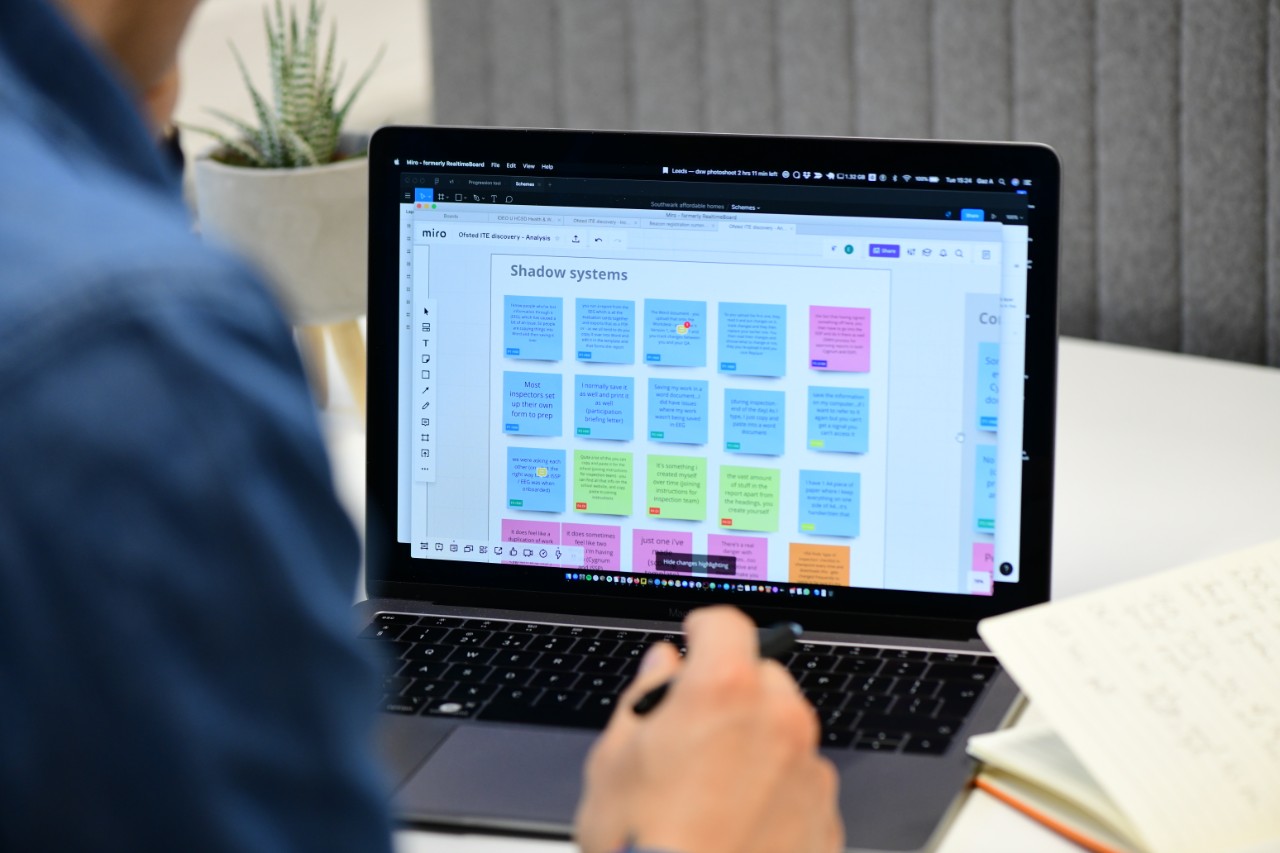
A maturity assessment will gauge how ready you are for transformation
North Lincolnshire Council has an ambition to be the #bestcouncil and the #bestplace for their residents. To do that, they knew they needed to transform how the Council operated its services. They had some successes but didn’t know the next steps to take to have better user-centred services
Result
We started working with North Lincolnshire Council to do a maturity assessment to gauge how ready for transformation the Council was. We’ve written in more detail about the 4 steps that we took to assess the council’s digital maturity. At the end of the process, we gave the Council 10 recommendations on how to start transforming their services in a user-centred way and identified services that would be good candidates for exemplars. Some of those recommendations included:
- how to create multidisciplinary teams to build user-centred services
- how to change your culture and separate digital transformation from ICT
- adopting the digital, data, and technology profession framework
- working in the open by talking about transformation through blogging and weeknotes
- engaging with networks like #OneTeamGov to share and learn from other public sector organisations
Our project sponsors were impressed with dxw’s level of understanding of our organisation, priorities and ambitions. And as they hadn’t seen agile delivery in practice before, they were also impressed by the speed of delivery (6 weeks in total, usually one day a week on-site) along with dxw’s ability to respond to change.
I have learnt from the dxw team along the way as they were always generous with their time and knowledge.
Dave Morton, North Lincolnshire Council
What we did
The first stage was to find out what the organisation was doing currently and what it wanted to achieve. We use a framework to assess organisations for digital maturity which looks at things like organisational culture, technology, data, and reporting. For each indicator, we helped North Lincolnshire to mark where they are on a scale from not digital to fully digital.
We used a combination of workshops, user research with staff and residents, surveys, and empathy mapping to get a better understanding of the teams and the work that they do. Once we’d done the assessment, we asked them to prioritise the areas that they wanted to focus on.
The next stage was looking at services which would be “exemplars”. This identifies services which will go through a digital transformation, so the Council can then take the lessons learned to help build other services in the future. We did a design thinking exercise to help identify the exemplar services and used some of the criteria below:
- Who were the services for?
- What size and scale is the service?
- How frequently is it used?
- Are there any savings to be made?
- Can we improve the customer experience?
- Are the team running the service ready for change?
At this point, the Council weren’t looking to work with us to deliver a specific product or service. They wanted to explore how to become more agile and user-centred as an organisation, and how they could use digital channels where possible to improve the delivery of their services. We identified a clear path forward, so that as an organisation they could deliver better services for their residents in future.
When they were ready, the Council approached us to work with them again on their first agile project on council tax.